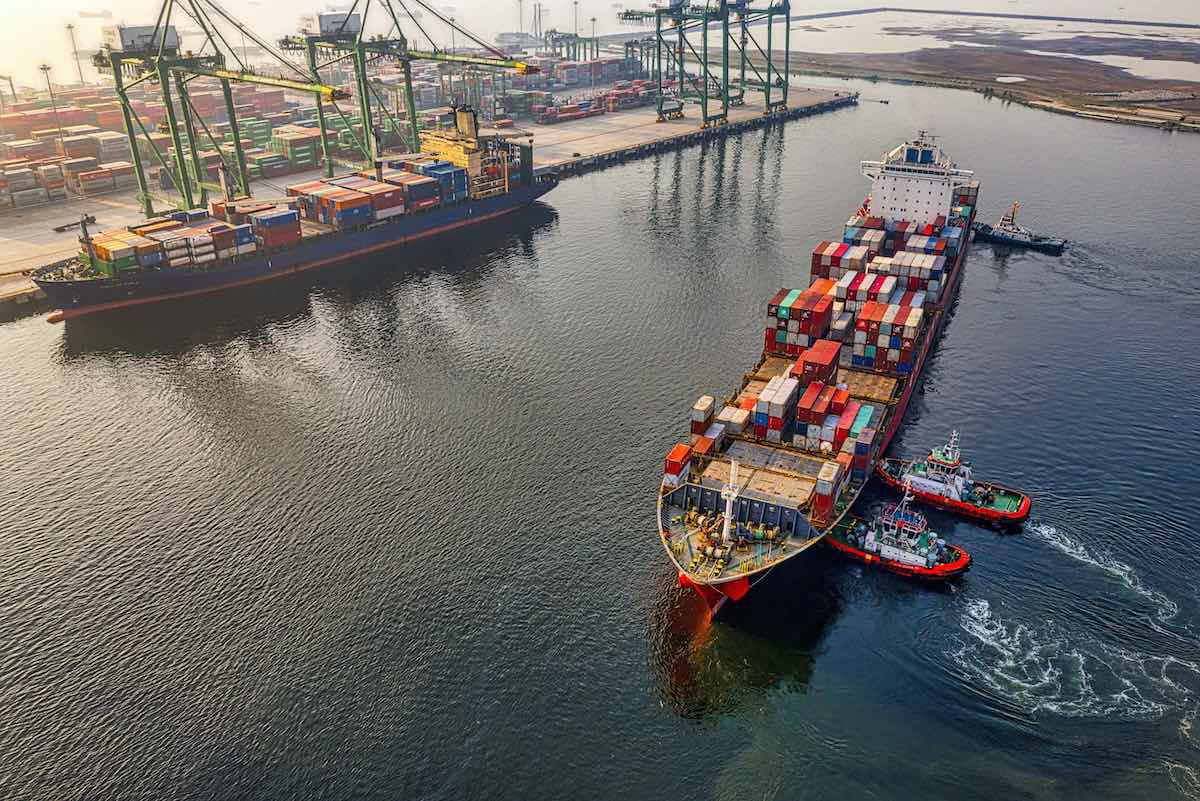The effect on retail of problems from supply chain disruption and Brexit to inflation is highlighted in a series of new studies this week.
Together, three new studies suggest that these issues are affecting retailers of all sizes both in the UK and in other European markets.
Supply chains and shortages
Supply chain problems are hitting retail, and more than a quarter (26%) of UK traders are only four weeks from running out of cash – threatening their survival, according to a study from Brightpearl.
The digital operations specialist questioned 500 retailers of a range of sizes and found that 85% have been hit by supply chain issues in the last year, with 92% of those selling luxury goods (92%) affected. More than half ( 58%) said they had put up prices as a result of supply issues adding an average 21% to their costs over the lat year.
Shortages of goods were the biggest supply problem for 68% of respondents, while increased shipping costs (64%), longer delivery times (54%), selling out of stock (46%) and the rising price of raw materials (40%) were also factors. The sectors that are worst-hit include DIY and gardening (73% have experienced problems), sports and leisure (60%), electronics (53%) and fashion and footwear (50%). Four out of 10 retailers are extending online delivery times as a result.
Supply issues and distribution failures were the greatest threat to viability for 28% of respondents, followed by poor cash flow (18%) and customer retention (16%), as shoppers turn to other brands to find a product.
Brightpearl chief executive Derek O’Carroll says: “We are in the worst supply chain crisis that any of us can remember and there is no sign of the problems easing before the end of the year. For retailers, the problems could be particularly severe as they prepare for autumn and peak trading in the months building up to Christmas.
“We are still in the relatively early stages of this crisis with the impact of the war in Ukraine and other global factors only just starting to really hit home. UK firms are going to need to plan for months of further turmoil and issues over stock, which can result in unhappy customers and major cash flow issues. There’s no doubt, online firms’ inability to predict demand and manage stock is the number one risk to their long-term health.”
Covid-19, Brexit and supply chain issues
Covid, Brexit and supply chain issues are the greatest challenges to retail profitability according to a study from the OGL Group.
It says more than half (53%) of respondents to its survey – 205 wholesale and ecommerce businesses from the retail, catering and leisure industry – cited the Covid-19 pandemic as a key threat to business profitability, followed by Brexit (49%), stock availability (45%) and inaccurate data and errors (30%). In response to Covid-19, most respondents said their main tactics would be to improve their sales strategy and route to market (85%), to put a crisis plan in place (81%) and manage cashflow effectively (81%).
OGL Group, a technology provider, last asked these questions in a survey in 2019, when respondents from the catering industry said the main issues were employee costs (73%), followed by inaccurate data (47%) and manual processes and outdated technology (both 40%). In 2022, 87% of businesses agreed that technology was vital to the efficiency of their business – up from 67% in 2019 – while 79% said automating business processes would help companies stay competitive – from 53% pre-pandemic. Some 87% said being able to sell products online was very important to them, and 85% said that an ecommerce platform was an effective tool for managing business operations.
Gary Reynolds, operations director at OGL Group, says: “This year’s findings reflect the huge impact the pandemic has had across any business that holds stock, while supply chain uncertainties were exacerbated by Brexit, impacting companies’ profitability. Many businesses across the sector are having to take a pragmatic approach to supply customers.”
Rising interest rates and the cost-of-living
Rising interest rates and the cost-of-living crisis are hitting large European retailers and brands hard, especially in Germany and the UK, the latest Weil European Distress Index suggests.
The index, from law firm Weil, Gotschal, Manges, brings together data from more than 3,750 listed European corporates and from financial market indicators, suggests that large retailers and brands are particularly hard hit by factors including inflation and the cost-of-living crisis, driven in turn by the after-effects of the Covid-19 pandemic and war in Ukraine. As interest rates rise in response to inflation, retailers and consumer goods brands are hardest hit, followed by travel, leisure and hospitality companies. At the same time, finds the index, the UK is the second most distressed country in Europe, after Germany.
Andrew Wilkinson, senior European restructuring partner and co-head of Weil’s London Restructuring practice, says: “Inflation is going to take a long time to unwind if current economic and geopolitical pressures continue to weigh on the market. In order to combat rising distress levels, governments need to concentrate on implementing policies for economic growth. Otherwise, we can expect to see a large uptick in restructurings, particularly in sectors like retail and consumer goods.”









